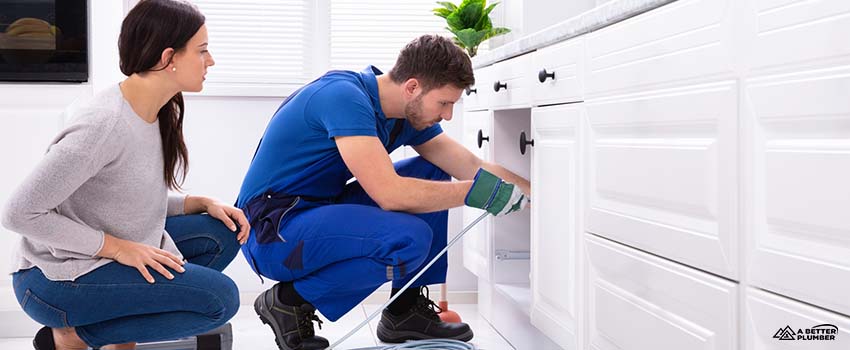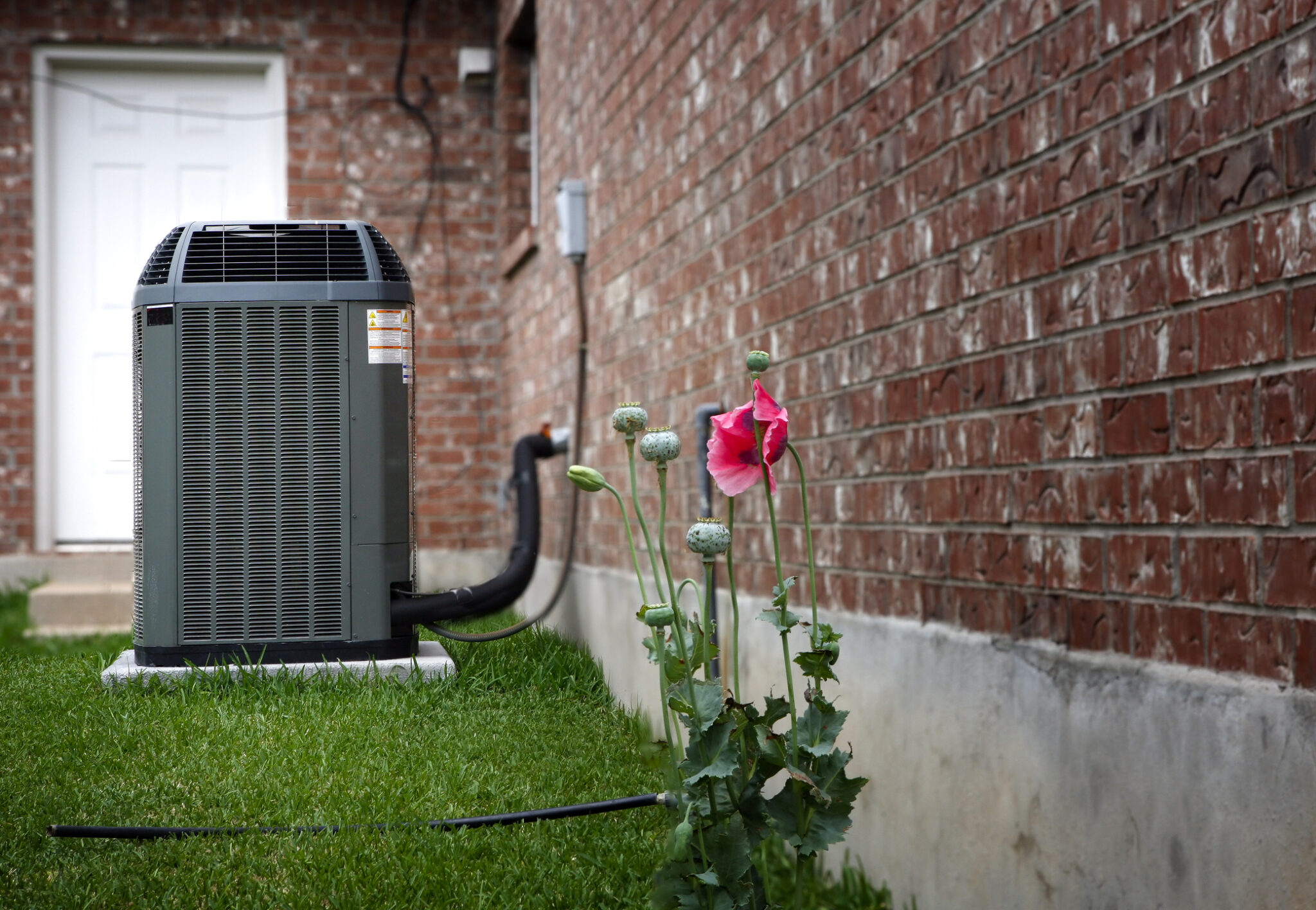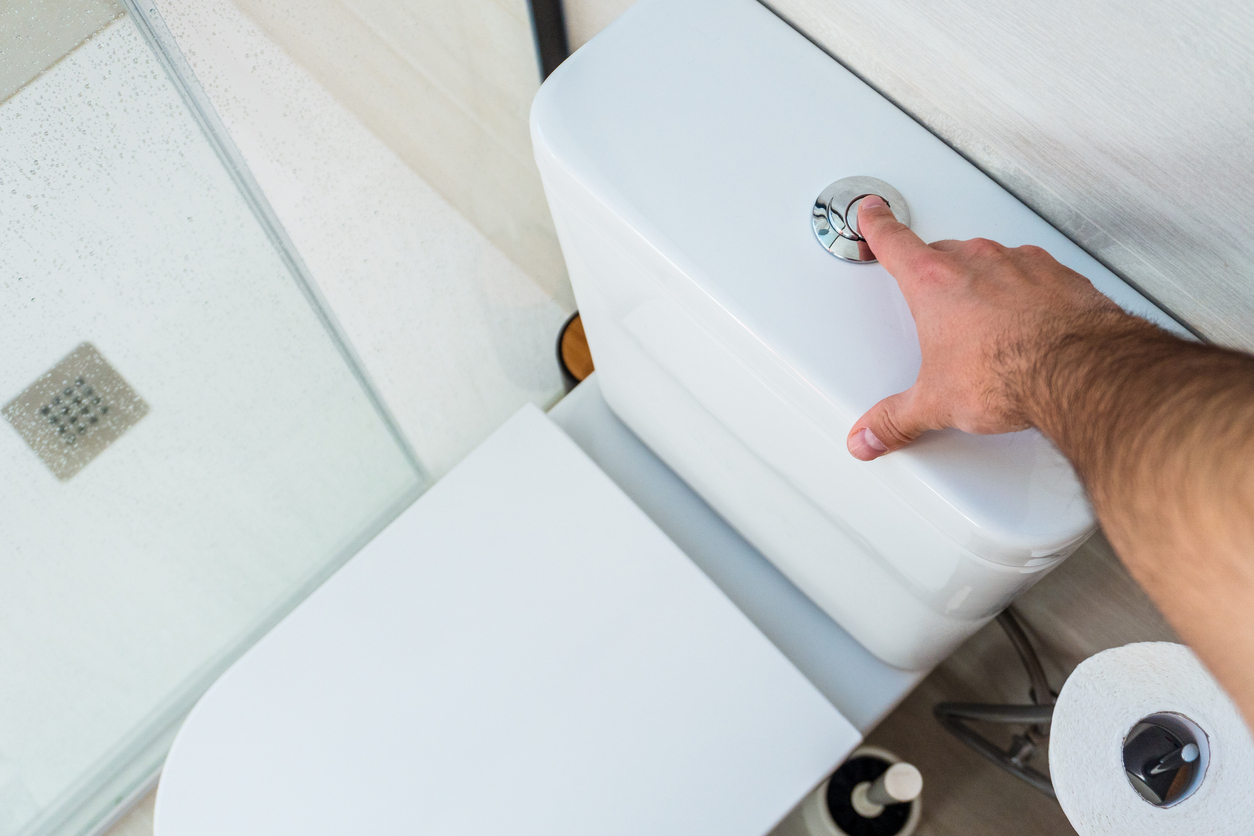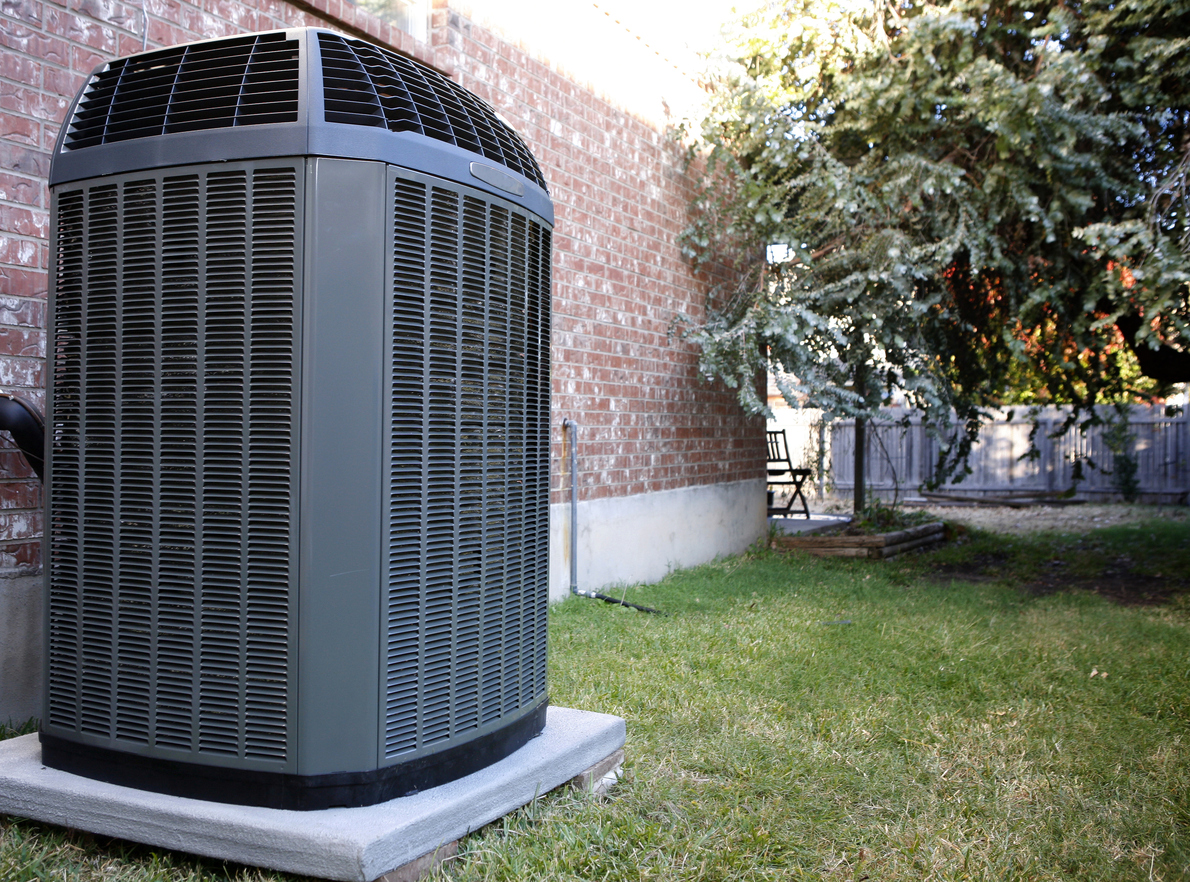Do’s and Don’ts in Maintaining the Drainage System

The drainage system is an essential part of every property’s plumbing network. Its primary purpose is to properly collect waste from the different plumbing fixtures inside and outside the property. When the waste gets collected, it will be brought into the city’s main drainage and sewer systems.
Maintaining the drainage system is crucial because it can disrupt your activities when it breaks or clogs until plumbers fix the issue. It is made up of a series of connected pipes, mostly underground, so when one exposed plumbing fixture gets clogged, you can expect the others to also encounter the same problem soon.
When you conduct drainage maintenance regularly, you can avoid these problems and continue living your life to the fullest without worrying about a blocked or damaged pipe. Learn more about the complex world of drainage and how to maintain it so disruptions will not take place.
What Are the Components of a Drainage System?
Drainage systems are complicated components of a home’s plumbing network. Installing drainage systems involves the highest point of the property down to the ground level.
It is essential that you know the primary parts of a drainage system so you can maintain it properly. Here are its main components:
1. Drainpipes and Traps
Drainpipes and traps are the most common components of a drainage system. They are usually made of polyvinyl chloride (PVC) pipes. Traps are curved drainpipes that help seal foul-smelling odor away from plumbing fixtures such as toilet seats and sinks. The bad odor gets sealed in the pipeline because of the standing clean water in the traps.
2. Gutters
There are two main gutters many residential drainage systems have. The first is the roof gutter while the second one is the driveway or sidewalk gutter. The former’s function is to efficiently collect rainwater to avoid flooding on rainy days. Roof gutters are usually connected to a drainpipe that brings the rainwater out of the property.
3. Sump Pit
The sump pit is a huge hole where most of the waste from the bathrooms goes into. It is located a few meters underground and sealed completely to prevent leakage. It’s known for containing contaminated waste and toxins, which can endanger the health of people living in the property if the pit accidentally leaks.
What Causes Blocked Drains?
When you want to keep your drainage system workingat its peak, it is important to know the different materials that can cause its blockage. Being aware of these materials should help you avoid throwing them down the drain. Here are the leading causes of blocked drains:
1. Food Scraps
How do you dispose of food scraps or leftovers? If your answer is to throw them straight into the garbage disposal or directly into the kitchen sink, you might soon face a blocked drainage.
There is a proper way to dispose of certain food scraps. For instance, you can filter oil after frying food. Once filtered, you can place the oil inside your fridge to solidify it before throwing it into a garbage can.
2. Human Hair
Human hair is also one of the main reasons you might experience blocked drainage. If you’re suffering from hair breakage, you can your shower area’s floor drain by using a strainer. This is usually available in different hardware stores, although you’ll have to spend time choosing a strainer that will fit your floor drain precisely.
3. Soap Scum
Soap scum is the residue from the body soaps that people use when showering or cleaning their hands. It often builds up in the drainpipes and causes the blockage. Sometimes, pouring hot water into the drains is enough to melt the soap scum. If that doesn’t work, however, you will need to get professional help from licensed plumbers.
Do’s
These are the practices that you have to follow to keep your drainage functioning and well-maintained:
1. Do clean the drains regularly.
The various components of drainage systems need regular cleaning to prevent blockage. There are simple ways to do this. For instance, ensure that no hair strands are dangling from your floor drains after showering. Pick them up and throw them in the trash bin if you’ve seen some to prevent clogging.
To ensure that there’s no grease or soap scum buildup in the drainpipes, regularly pour hot water down the drains. This should be done at least once a week.
Check the exterior of the drainpipes for possible rusting as this can cause bursting and eventually flooding. Also ensure that the drainpipes’ exterior is always dry and free of chemicals to avoid incidences of harmful reactions.
2. Do use drain strainers.
Strands of hair and food waste are the common causes of a blocked or clogged drainage system. A drain strainer is an additional tool that you should consider to prevent clogging as it effectively filters the main culprits of blocked drains.
3. Do use kitchen staples to clear blockage.
If you notice that your kitchen, bathroom, or outside drainage is slow when draining water and other liquids, resolve the problem immediately before it worsens. A good start would be to pour hot water down the drain if you think that the cause of the slow drain flow is oil or soap scum buildup.
Don’ts
These are the practices that you have to avoid if you want to observe proper drainage maintenance:
1. Don’t throw grease or oil down the drain.
As mentioned, grease and oil are one of the leading causes of blocked drainage systems, so it is crucial that you avoid pouring them into your kitchen sink or garbage disposal. While it is difficult to observe this always, you can actually minimize what goes down the drain by separating solid food waste from grease or oil by using a filter. The filtered oil or grease can be initially placed in a closed container, stored inside your fridge to harden, then ultimately disposing of this properly by throwing it away in the garbage can.
2. Don’t use commercial drain cleaners.
Commercial or store-bought drain cleaners are not exactly bad for your drainpipes. However, excessively using them can damage the components of your drainage. Most commercial drain cleaners are manufactured using harmful chemicals which can break pipes made of plastic or corrode those made of metals.
3. Don’t use a drain snake.
A drain snake is another tool that can be used to unclog a drain, but just like cleaners purchased at a nearby grocery, it can cause damage if you misuse them. Drain snakes can lead to a leaky or a burst pipe, especially when used improperly. If your drainage needs thorough cleaning through the use of a snake drain, let professional plumbers handle it when they perform drain maintenance services.
Call Absolute Electrical Heating and Air for Proper Drainage Maintenance
Residential drainage systems are tricky because most of the parts are located underground. They are not the easiest to clean and maintain, especially if you have no proper tools.
Call Absolute Electrical Heating and Air today and let us maintain your drainage systems for you. Our plumbers in Denver are backed with years of experience providing excellent drain maintenance services. We can guarantee that we will deliver an efficient job maintaining and repairing your drains.
CONTACT US
Request Service


Save Every Year with an Absolute Advantage Membership
Expert Annual System Safety Inspections & More
- Priority service
- Waived dispatch fees
- Yearly furnace, A/C, & electrical system inspections
- 10% discount on repairs and additional diagnostic services
- Up to $500 off HVAC & electrical panel replacements







